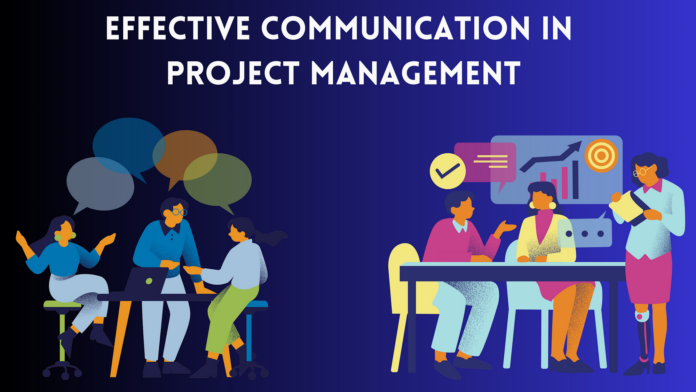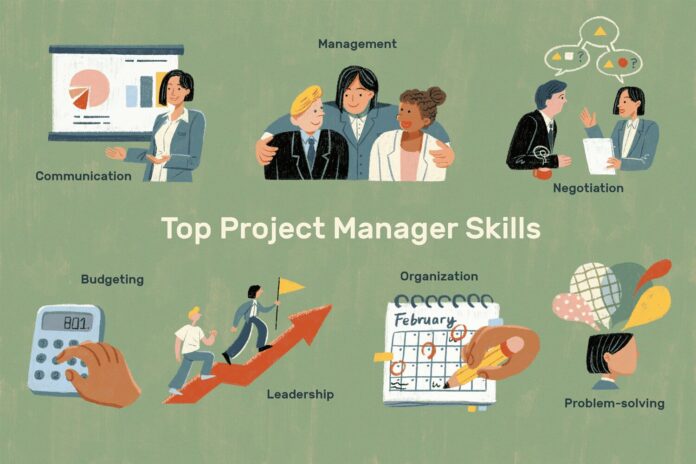Welcome to the world of project management!
In this article, we delve into the realm of project management podcasts and explore expert tips and insights for successful projects.
With a focus on effective communication strategies, stakeholder management, agile principles and practices, risk management techniques, and leadership skills for project managers, this comprehensive guide aims to equip professionals with the knowledge they need to excel in their project management endeavors.
So sit back, tune in, and let’s unlock the secrets to achieving project success together.
Effective Communication Strategies in Project Management

Effective communication strategies play a crucial role in ensuring the success of projects in project management. Clear and effective communication is essential for providing instructions, sharing information, and facilitating collaboration among team members.
Conflict resolution is an important aspect of project management, and effective communication plays a significant role in resolving conflicts within teams. By encouraging open and transparent communication, project managers can create an environment where conflicts are addressed promptly and resolved efficiently.
Additionally, effective communication promotes team collaboration by fostering a sense of trust among team members and enabling them to work together towards a common goal. It allows for the exchange of ideas, feedback, and knowledge sharing that enhances productivity and innovation within the project team.
Therefore, implementing effective communication strategies is vital for successful project management podcast outcomes.
Managing Stakeholder Expectations
To ensure the smooth progression of a project, it is crucial for stakeholders to have their expectations managed in a manner that aligns with the objectives and goals of the undertaking. Managing stakeholder expectations involves effectively communicating and engaging with stakeholders throughout the project lifecycle. This process requires identifying key stakeholders, understanding their needs and concerns, and proactively addressing them to minimize conflicts and maximize stakeholder engagement.
One important aspect of managing stakeholder expectations is effective communication. Project managers must establish clear channels of communication, ensuring that all relevant information is shared with stakeholders in a timely manner. Regular status updates, progress reports, and feedback sessions can help keep stakeholders informed and engaged. Additionally, project managers should actively listen to stakeholders’ concerns and address them promptly to prevent misunderstandings or conflicts from arising.
Another crucial element is stakeholder engagement. Engaging stakeholders early on allows for better alignment of expectations from the outset. Involving stakeholders in decision-making processes fosters a sense of ownership and increases their commitment to the project’s success. It also provides opportunities for collaboration and ensures that diverse perspectives are considered.
In conclusion, managing stakeholder expectations requires effective communication strategies and proactive stakeholder engagement. By addressing potential conflicts early on and involving stakeholders throughout the project lifecycle, project managers can create an environment conducive to successful project outcomes.
Agile Project Management: Key Principles and Practices
Agile project management emphasizes key principles and practices that promote flexibility, collaboration, and continuous improvement throughout the project lifecycle. Continuous improvement is a fundamental aspect of agile project management, as it allows for ongoing evaluation and adaptation to enhance project outcomes. This iterative approach enables teams to identify areas for improvement and implement changes in subsequent sprints, leading to increased efficiency and effectiveness.
Sprint planning is another essential element of agile project management, involving the identification of specific tasks and objectives for each sprint. By breaking down the project into smaller, manageable increments, sprint planning enables teams to prioritize work, allocate resources effectively, and maintain focus on delivering value at regular intervals.
The combination of continuous improvement and sprint planning facilitates an adaptable and responsive approach to project management that aligns with evolving stakeholder expectations.
Risk Management Techniques for Successful Projects
One technique commonly employed in risk management is the identification and assessment of potential risks that could impact project outcomes. Risk assessment involves systematically analyzing and evaluating potential threats to a project’s success, such as technical difficulties, resource constraints, or external factors like market changes. This process aims to determine the likelihood and severity of each risk occurring.
By understanding these risks, project managers can develop appropriate contingency plans to mitigate their potential impact. Contingency planning involves creating alternative strategies or actions that can be implemented if a risk materializes. These plans help ensure that projects stay on track even when faced with unexpected challenges.
Effective risk assessment and contingency planning are critical components of successful project management as they enable proactive decision-making and minimize the negative consequences of unforeseen events or circumstances.
Leadership Skills for Project Managers

Leadership skills are essential for project managers in order to effectively guide and motivate their teams toward achieving project goals.
Project managers must possess strong conflict resolution abilities to address any issues or disagreements that may arise within the team. They need to be able to identify potential conflicts, understand the underlying causes, and facilitate productive discussions to reach a resolution.
Additionally, team collaboration is crucial for successful project management. A project manager should create an environment that encourages open communication and collaboration among team members. This includes fostering trust, promoting active participation, and establishing clear roles and responsibilities.
By cultivating effective leadership skills in conflict resolution and team collaboration, project managers can enhance overall team performance and drive successful project outcomes.
Incorporating Technology into Modern Project Management
Leveraging technology is imperative for successful project management. Advanced tools and platforms have emerged, providing managers with more efficient ways to track progress, allocate resources, and foster collaboration. For instance, collaborative software like Slack or Microsoft Teams integrates team communication, ensuring everyone is on the same page. Project management tools like Trello, Asana, and Jira offer visual task tracking that can be customized to fit different methodologies, from Waterfall to Scrum.
The integration of AI and machine learning in some modern tools can offer predictive insights, helping managers foresee potential risks and adjust accordingly. However, while technology is a boon, it’s crucial for project managers to select tools that align with their team’s needs and not get swayed by every new software trend. The ideal is a blend of technological efficiency with human intuition and judgment. Embracing this synthesis can significantly enhance a project’s chances of success.










